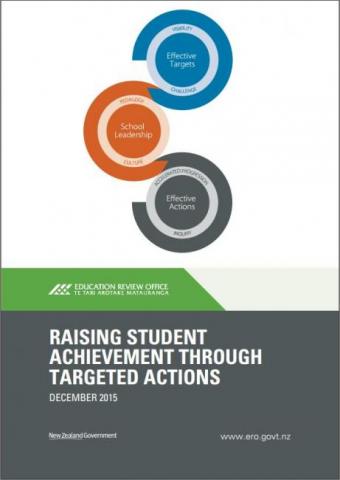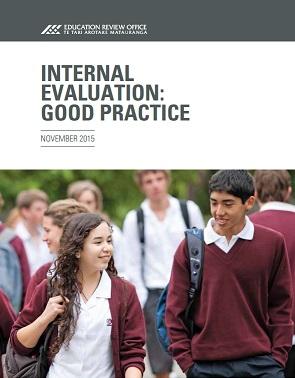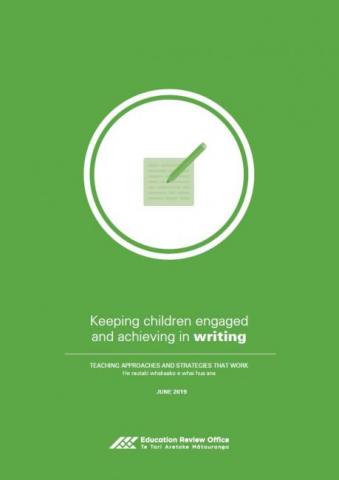Learning in Oranga Tamariki Residential Care - Summary
Published: 01 Jul 2021
Children and young people who are placed in Oranga Tamariki residential care are among the most at risk of poor outcomes later in life. The education students receive in residence has the power to change their lives. ERO reviewed how well education is going in these settings. This summary describes what we found and our recommendations. This accompanies the full report Learning in residential care: They knew I wanted to learn.
- Audience:
- Academics
- Education
- Parents
- Schools
- Content type:
- Research
- Topics:
- Te Ihuwaka | Education Evaluation Centre
- At-risk students
- Behavioural needs
- Best practice
- Boys' education
- Child wellbeing
- Culture
- Education and care services
- Education outcomes
- Education transitions
- Equitable outcomes
- Good practice
- High needs
- Māori
- Physical and emotional safety
- Priority learners
- Raising achievement
- Social workers
- Teaching
- Te reo Māori
- Transitions
- Vulnerable learners
- Wellbeing


















